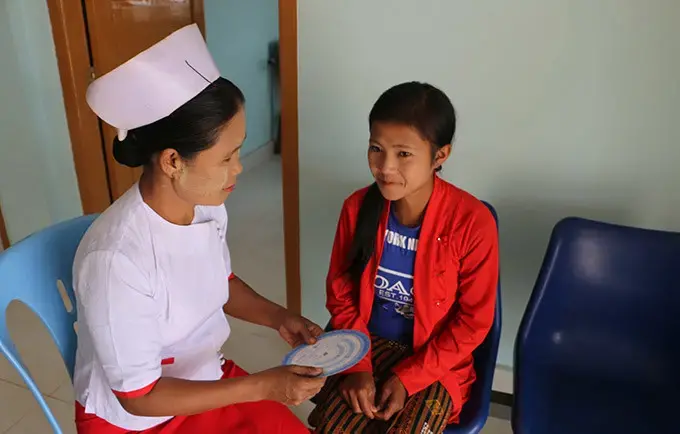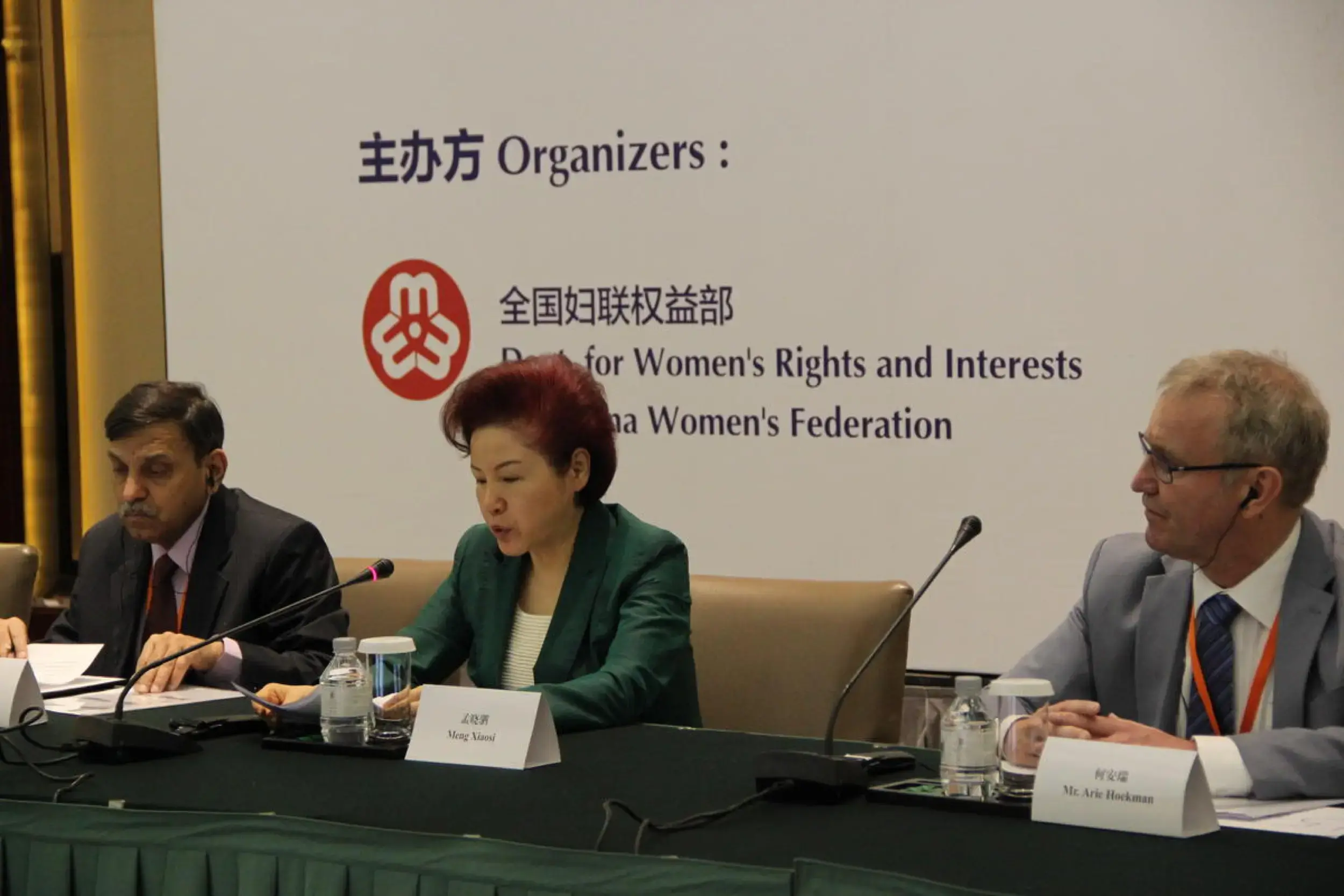The need for resilient health systems capable of delivering quality sexual and reproductive health, and the crucial role of women in reducing disaster risks, will be discussed during a special side event organized by UNFPA at the Third United Nations World Conference on Disaster Risk Reduction (WCDRR). The conference takes place from 14 to 18 March in Sendai, Japan.
During the UNFPA event, high-level panelists will underline the importance of strong health systems for mitigating disaster risks - using the Ebola outbreak in West Africa as a case study - and highlight the need for preparedness and response at the national, regional and global levels. They will also discuss what is required to put women, the backbone of communities’ resilience, at the centre of the post-2015 disaster risk reduction efforts.
The UNFPA event will take place on Sunday, 15 March, at Tohoku University Kawauchi-kita Campus in Sendai. The discussions will be organized around two sessions, both followed by Q&As with the panelists.
The first session: Resilience in the Context of Ebola: Ensuring the Development-Response-Recovery Nexus of Quality Sexual and Reproductive Health will be held from 9:00 am to 10:30 am.
The second session: Putting Women and Girls at the Center: A responsibility and an Opportunity will follow from 10:45 am until noon.
In recent years, UNFPA's interventions have provided crucial support to pregnant and lactating women -- ensuring safe child-birth and neonatal care, and saving lives -- as well as helping prevent gender-based violence in the wake of crises such as Super-Typhoon Haiyan (Yolanda) in the Philippines, earthquakes in Nepal, floods in Kashmir, frequent natural disasters in Afghanistan and Indonesia, as well as the long-running Ebola outbreak in West Africa. Women also play a leading role in helping communities respond more effectively to disasters, and are the very backbone of a stronger society.




